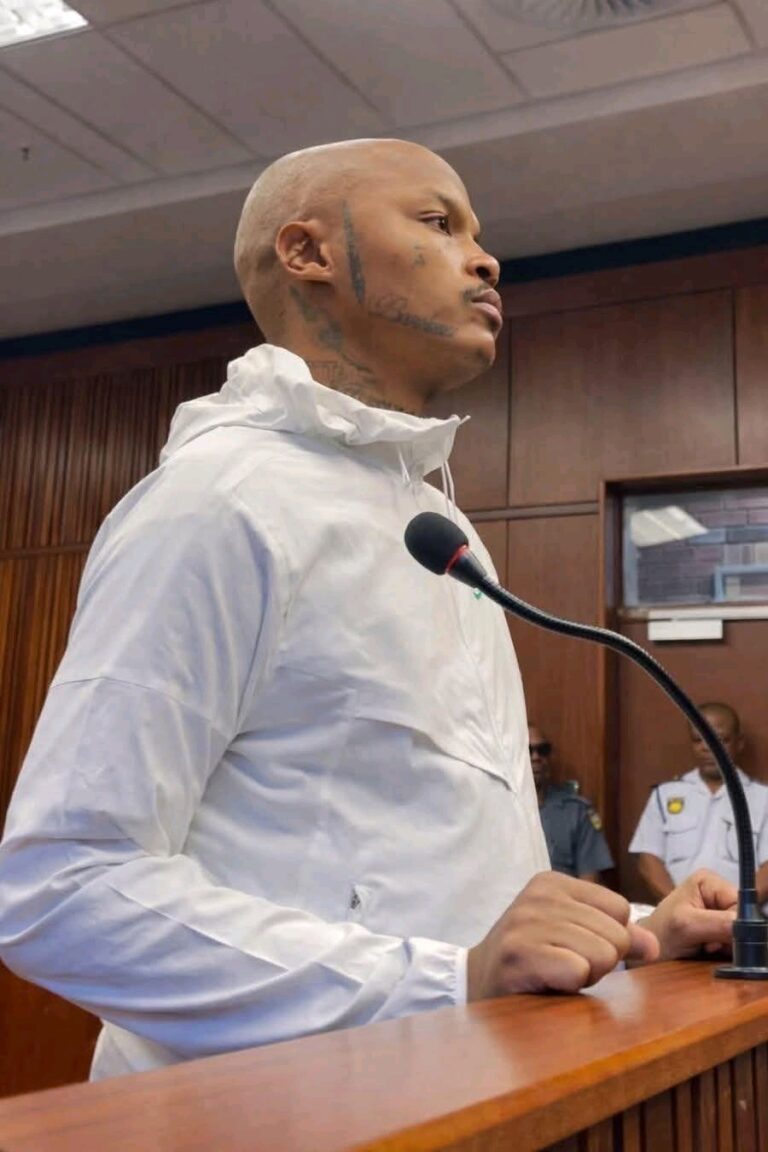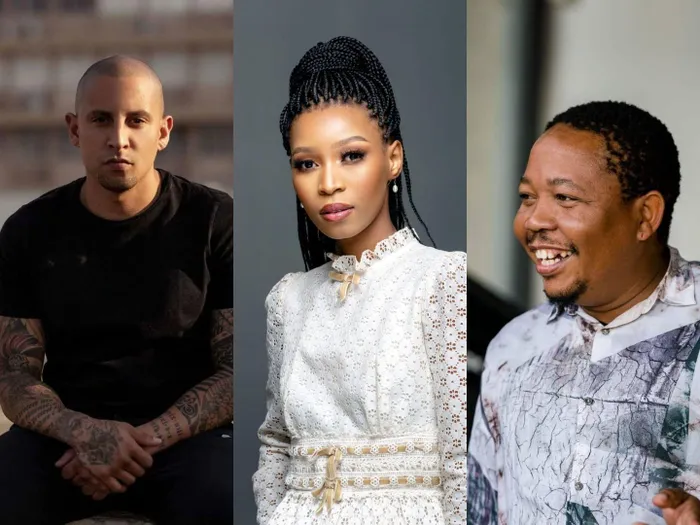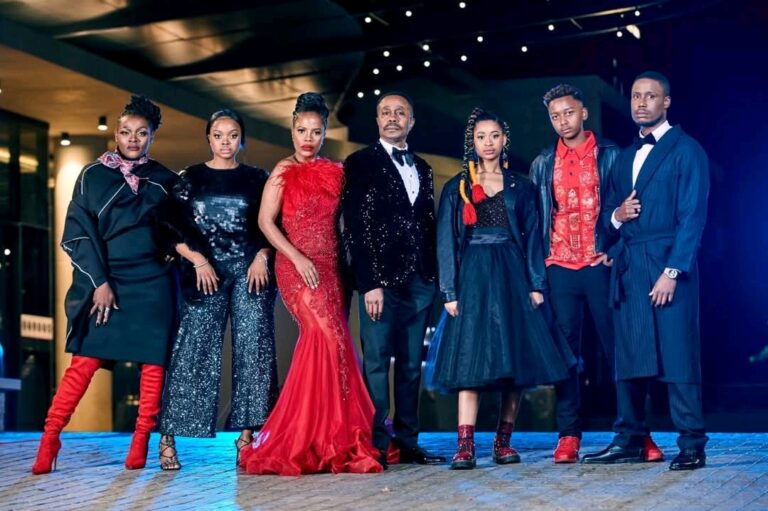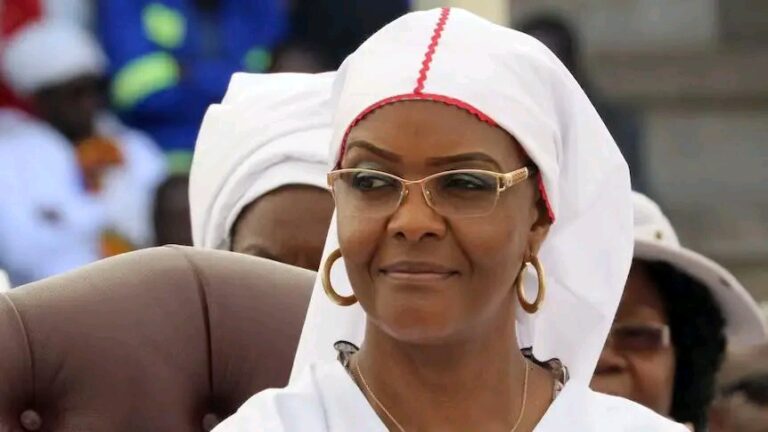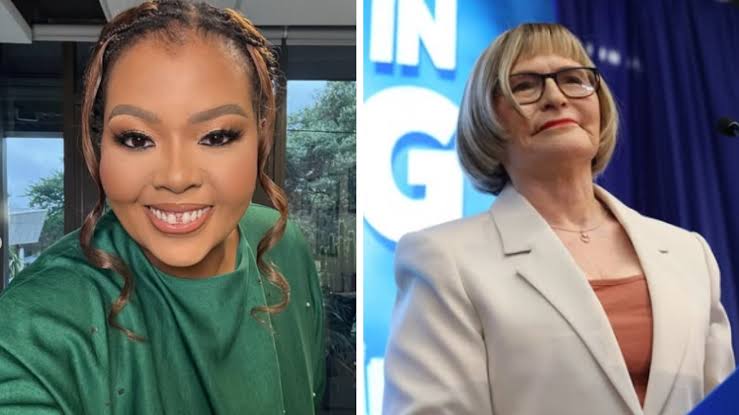
Mzansi has come out in full support of radio and media personality Anele Mdoda after she was controversially named “Mampara of the Week” by a local online publication. The backlash came in the wake of her heated on-air interview with Democratic Alliance Federal Council Chair Helen Zille on 947, where Zille is campaigning for the Johannesburg mayoral seat ahead of the 2026 elections.
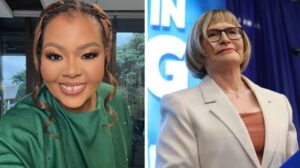
During the interview, Mdoda posed challenging questions to Zille, sparking a tense exchange that dominated headlines last week. Despite Mdoda’s professional approach, the online publication criticized her, claiming she had admitted she “was not the sharpest blade in the room.” The commentary did not sit well with many South Africans, who rallied behind Mdoda on social media, rejecting the article and praising her bravery in holding a prominent political figure accountable.
Support poured in from notable figures, including media personality and poet Ntsiki Mazwai, who hailed Mdoda as a spokesperson for black South Africans. In an X post, Mazwai applauded Mdoda for her courage during the heated exchange, saying, “Well done, Anele! As a black person, you are very much the spokesperson for black people! Well done for your bravery and honesty when it got hot in the kitchen. We see you.”
https://x.com/daddyhope/status/1970099296511860913?t=0fwLBRbRZY3RrLNS2qKqwg&s=19
The online community quickly echoed Mazwai’s sentiments, with users defending Mdoda’s conduct during the interview. @_lun1_m argued that she was unfairly portrayed as a “mampara” by those unwilling to acknowledge the influence of race and systemic privilege on public discourse. Another user, @Chicks626202, commended Mdoda for exposing uncomfortable truths, highlighting her ability to maintain composure in a heated dialogue.
Social media reactions highlighted widespread admiration for Mdoda’s professional conduct. @shokazi045 pointed out the role of her co-host in supporting the tough questions, while @Kim_Khandashisa noted that Zille’s responses may have cost her credibility with voters. Others, like @SeshegoR, encouraged Mdoda to stand her ground, asserting that mainstream media often seeks to undermine intelligent, critical questioning.
Following the interview, Mdoda herself reflected on the exchange in a social media post on 22 September 2025, emphasizing that the conversation was just one of many to come with Zille. She remarked, “It was a back and forth wethu (my dear), and ke (so) it won’t be the last time we have her on, especially if she is successful and becomes the Mayor of Johannesburg.”
This incident has further cemented Anele Mdoda’s reputation as a bold and fearless media personality willing to challenge authority while remaining professional. The overwhelming support from fans and peers demonstrates that South Africans value journalists who prioritize accountability and transparency, even in the face of criticism.
Mdoda’s interaction with Zille and the subsequent reactions highlight the ongoing conversation about race, privilege, and media responsibility in South Africa. By standing firm in her questioning, Mdoda not only defended her own integrity but also sparked broader discussions on the expectations placed on journalists, particularly women of color, in public spaces.
Through the controversy, Mzansi has reaffirmed its support for Mdoda, showing that courage and tenacity in journalism are not only recognized but celebrated.

